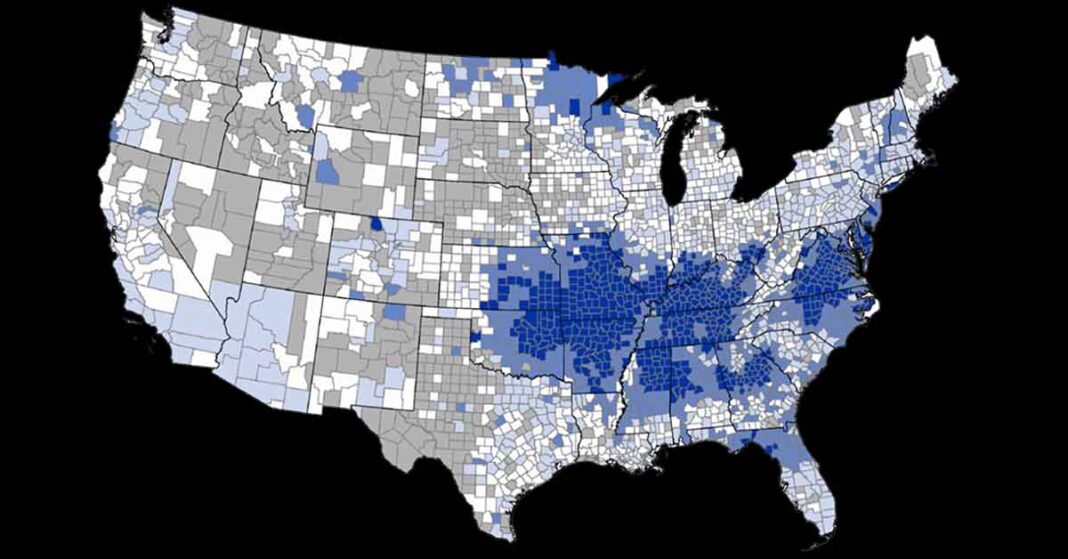Illinois is taking a significant step toward addressing the rising tide of Alpha-gal Syndrome (AGS), also known as the “red meat allergy,” with the recent passage of House Bill 1754, officially named the “Tracking Infectious Cases Knowledgeably Act” or the “TICK Act.” The legislation, which takes effect immediately upon becoming law, aims to improve awareness, education, and surveillance of this potentially life-threatening condition. The bill is currently awaiting signature by Governor JB Pritzker.

AGS is a serious allergic reaction to a sugar molecule called alpha-gal, typically triggered by the bite of an infected lone star tick. Symptoms, which can include severe and potentially life-threatening allergic reactions, occur after individuals consume red meat or are exposed to other products derived from mammals. The Centers for Disease Control and Prevention (CDC) has identified AGS as a growing public health concern and highlighted the critical need for state-level surveillance. Notably, Illinois has been identified by the CDC as a state with one of the nation’s highest AGS prevalence rates.
The TICK Act mandates that the Illinois Department of Public Health (IDPH) undertake a comprehensive awareness and education campaign. This initiative will target community members, local health departments, and medical providers, focusing on the signs and symptoms of AGS and proper procedures for diagnosis. The IDPH will also be required to provide educational materials regarding AGS data on its website.
While the provided text primarily focuses on education, previous versions of HB1754 indicated broader measures, including requirements for medical professionals to report diagnosed cases of AGS (and Lyme disease) to local and state health departments. These reporting requirements would enable the IDPH to track cases statewide and publish the findings publicly, offering crucial data for understanding and combating the spread of this emerging health challenge.
The passage of the TICK Act signifies Illinois’ commitment to proactive measures in public health, equipping both healthcare professionals and the public with the knowledge necessary to identify, prevent, and manage Alpha-gal Syndrome.





